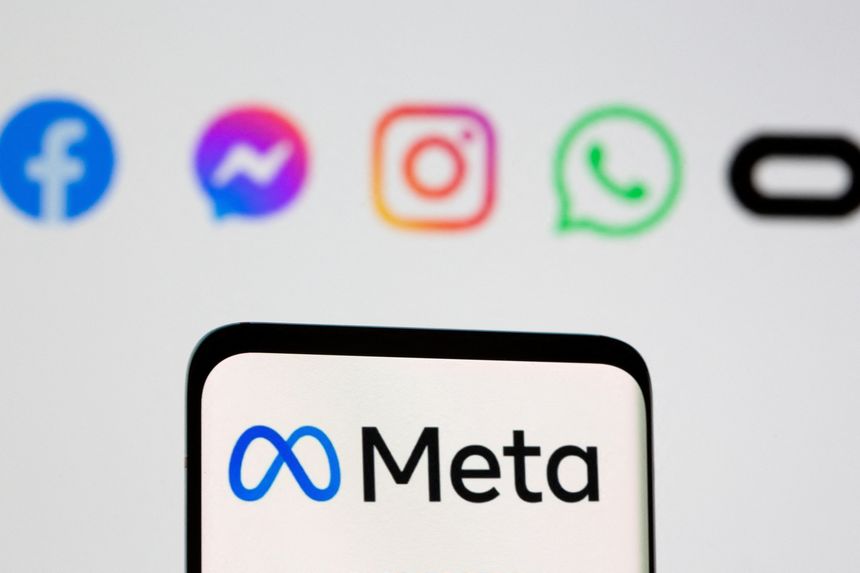Photo:
DADO RUVIC/REUTERS
The Federal Trade Commission lawsuit to break up Meta, formerly
appeared to lack merit when it was brought in the final weeks of the Trump Presidency. But it’s looking even worse as the case goes to legal discovery.
Despite having cleared Meta’s acquisitions of Instagram (2012) and WhatsApp (2014), the FTC now claims the deals were anti-competitive and that the company maintains an illegal monopoly in the “personal social networking services” market. But the FTC hasn’t clearly defined this market, prompting Meta this month to file a legal motion to compel it to do so.
The agency says the market doesn’t include YouTube,
Reddit and TikTok, though Meta competes with them for user time and advertising revenue. Meta says it can’t defend itself against a monopoly accusation if it doesn’t know what it is defending against, and it has a point. The FTC is trying to gerrymander a market, as it often does in antitrust suits, without defining the market’s boundaries.
The FTC is also refusing to produce eight documents from staff attorneys and economists related to its reviews last decade of Meta’s Instagram and WhatsApp acquisitions. These documents almost certainly contain facts and analysis regarding how the agency believed the deals would affect the competitive landscapes at the time.
Meta argues the documents are critical to its defense and this month filed a motion to compel the FTC to hand them over. The FTC responded last week that the documents are protected by “deliberative process” privilege and are “not necessary to illuminate the real issue in this case, which is Meta’s unlawful maintenance of monopoly power.”
Federal agencies sometimes invoke deliberative process privilege to shield records relating to rule-makings from Freedom of Information Request Act (FOIA) disclosures. But there’s little precedent for an agency to invoke this shield a…
Click Here to Read the Full Original Article at RSSOpinion…

